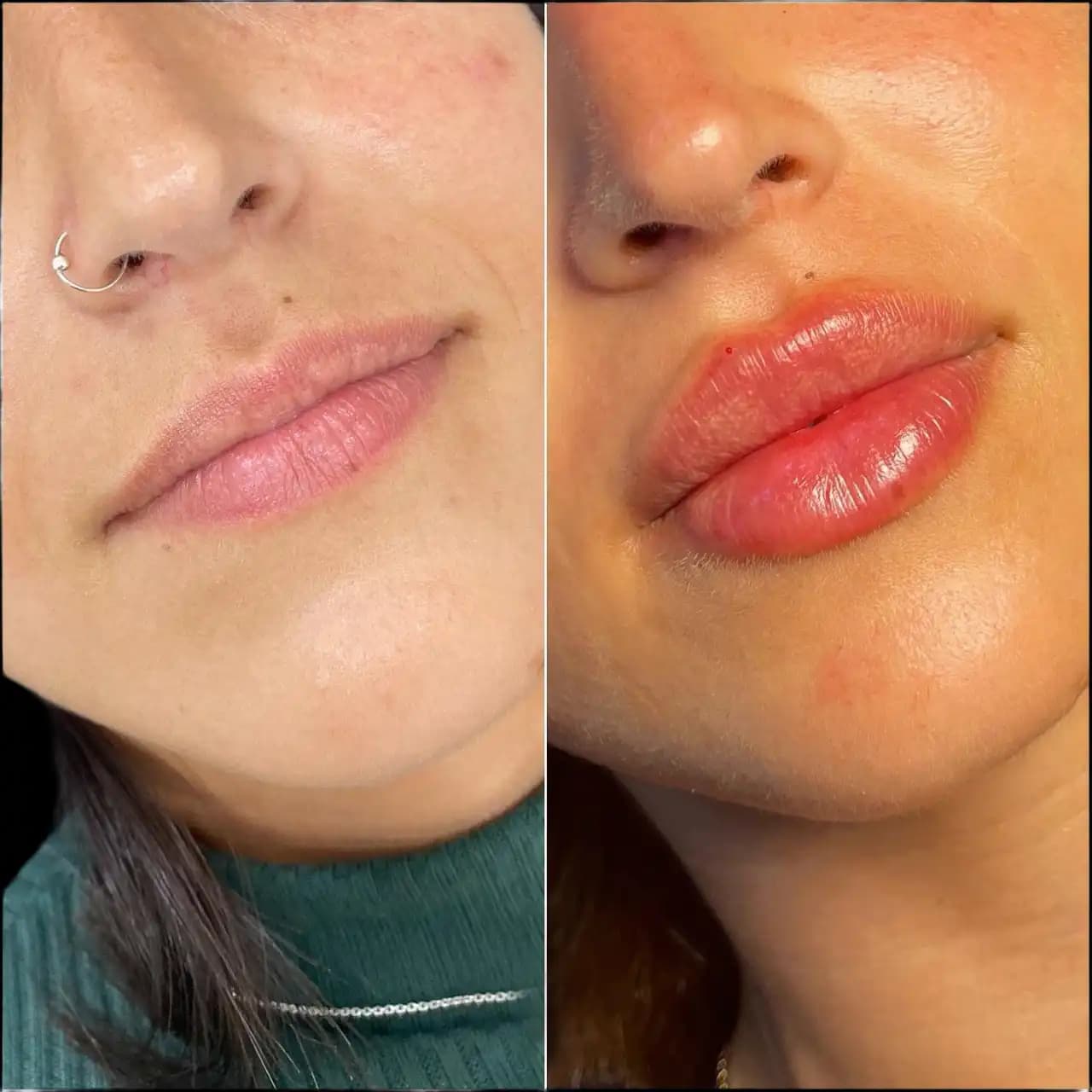Addiction and Co-Occurring Disorders: How to Treat Them Together
Addiction is a complex disease that affects both the mind and the body. While many people are familiar with substance use disorders, a growing understanding of co-occurring disorders (also known as dual diagnosis) highlights the need for more comprehensive treatment approaches. Co-occurring disorders refer to the presence of both addiction and mental health conditions, such as depression, anxiety, PTSD, or bipolar disorder. These disorders often go hand in hand, making treatment more complicated. The co-existence of addiction and mental health issues can create a cycle that’s difficult to break without professional intervention. Seeking treatment at a rehab in Pune can offer a holistic approach to managing both addiction and co-occurring disorders simultaneously. This blog explores how addiction and co-occurring disorders are interlinked and why treating them together is crucial for long-term recovery.
Understanding the Connection Between Addiction and Mental Health Disorders
Addiction and mental health disorders are closely connected. One condition often exacerbates the other, creating a vicious cycle. Individuals with mental health disorders may turn to drugs or alcohol as a form of self-medication to cope with emotional pain, anxiety, or trauma. This behavior can lead to substance abuse, which, over time, results in addiction. On the other hand, long-term substance abuse can change the brain’s chemistry, potentially leading to the development of mental health disorders.
For example, someone suffering from depression may use alcohol to numb their feelings, but alcohol abuse can worsen depression, creating a cycle of dependence. Similarly, people with anxiety may use drugs to calm their nerves, but this can increase their anxiety in the long run. This complex relationship between addiction and mental health issues underscores the importance of addressing both conditions in treatment.
Challenges in Treating Addiction and Co-Occurring Disorders
Treating addiction and co-occurring disorders is not as simple as addressing one condition at a time. When these disorders coexist, treating one without the other can lead to ineffective or incomplete treatment. Often, when individuals enter treatment for addiction alone, their mental health condition remains unaddressed, which can trigger relapse. Conversely, treating only the mental health disorder without addressing the addiction may lead to continued substance abuse.
Another challenge is that the symptoms of both conditions can overlap. For instance, symptoms of depression can resemble those of substance withdrawal, making it difficult to distinguish between the two. Similarly, anxiety and post-traumatic stress disorder (PTSD) are often misdiagnosed or dismissed as the result of addiction. Because of these overlapping symptoms, specialized treatment is necessary to effectively treat both disorders.
Integrated Treatment for Addiction and Co-Occurring Disorders
Integrated treatment is the most effective approach for addressing addiction and co-occurring disorders. This method involves providing simultaneous treatment for both the addiction and the mental health condition within the same program. Integrated treatment is designed to treat the whole person, focusing on the physical, emotional, and psychological aspects of recovery.
In rehabilitation centre in pune, integrated treatment typically involves a combination of medical detox, therapy, and psychiatric care. Detoxification helps individuals safely withdraw from substances while managing any withdrawal symptoms. Once detox is complete, therapy sessions can help individuals explore the underlying causes of both their addiction and mental health condition.
Cognitive-behavioral therapy (CBT) is commonly used in integrated treatment programs. CBT helps individuals identify and change negative thought patterns and behaviors that contribute to both their addiction and mental health condition. Other therapeutic approaches, such as dialectical behavior therapy (DBT) and eye movement desensitization and reprocessing (EMDR), may also be used to help individuals manage symptoms of mental health disorders like PTSD or anxiety.
Medication-Assisted Treatment (MAT) for Co-Occurring Disorders
For some individuals, medication-assisted treatment (MAT) can be an important part of managing both addiction and co-occurring mental health disorders. MAT involves using medications to help manage withdrawal symptoms, cravings, and mental health symptoms, alongside therapy. Medications may be prescribed to help individuals manage conditions like depression, anxiety, or mood disorders, while also addressing their addiction.
For example, medications like antidepressants or anti-anxiety drugs may be used to help stabilize mood and reduce symptoms of mental health conditions, making it easier for individuals to engage in therapy and recovery. When used appropriately in an integrated treatment program, MAT can significantly improve recovery outcomes and reduce the risk of relapse.
In addition, medications like methadone or buprenorphine can be used to manage opioid addiction while also addressing cravings and withdrawal symptoms. These medications help stabilize the individual’s physical condition, allowing them to focus on therapy and healing from both their addiction and mental health condition.
The Role of Ongoing Support in Dual Diagnosis Recovery
Recovery from addiction and co-occurring disorders is a lifelong process that requires ongoing support. After completing a treatment program at a rehab in Pune, individuals will benefit from continuing care and support to maintain their progress. This support may include outpatient therapy, group counseling, and peer support groups like Narcotics Anonymous (NA) or Alcoholics Anonymous (AA), where individuals can connect with others who understand their struggles.
Support networks play a crucial role in preventing relapse and helping individuals stay accountable in their recovery. Family therapy can also be beneficial, as it helps loved ones understand the dynamics of addiction and mental health issues and provides them with the tools to support the individual in their recovery journey.
Ongoing treatment and support services ensure that individuals have the necessary resources to navigate the challenges of living with both addiction and co-occurring disorders. These services help individuals develop coping strategies, maintain emotional stability, and build a life free from substance abuse and mental health issues.
Conclusion
Addiction and co-occurring mental health disorders are complex and often intertwined, making it essential to treat them together for successful recovery. Integrated treatment programs that address both the addiction and the mental health condition provide individuals with the best chance for long-term healing. In a rehab in Pune, individuals can receive the comprehensive care they need to overcome the challenges of addiction and mental health disorders simultaneously. By using a combination of therapy, medication, and ongoing support, individuals can break the cycle of addiction and co-occurring disorders, rebuild their lives, and achieve lasting recovery.














Post Comment